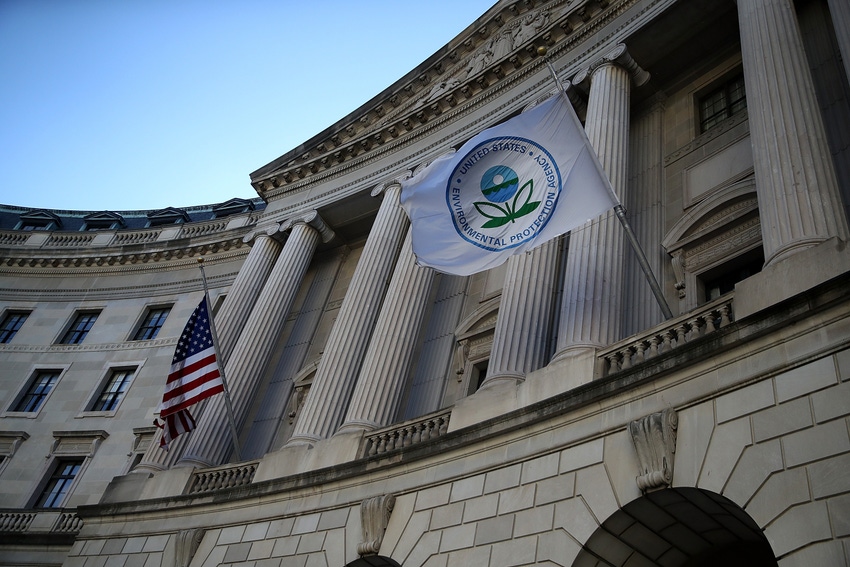Groups challenge EPA on SAFE rule
Ethanol and ag groups say fuel efficiency rule ignores ethanol’s ability to reduce emissions.
June 30, 2020

A broad coalition of ethanol, agricultural and public interest groups challenged the Trump Administration’s recent fuel efficiency rule-making on the grounds that it downplays the harm from reduced emission standards, ignores the efficiency and health benefits of higher ethanol blends and fails to realize the promise of increased octane in gasoline.
The rule in question, known as the Safer Affordable Fuel Efficiency Vehicle (SAFE) Rule, was finalized on April 30, 2020, reversing an Obama Administration rule that called for significant improvements in vehicle efficiency. Issued by the Environmental Protection Agency and the National Highway Traffic Safety Administration (NHTSA), it established a 1.5% increase in efficiency each year for light-duty vehicles, far short of the 5% increase in the existing rule.
In the notice of proposed rule-making, EPA requested information on octane levels and how they could be increased in accordance with the Clean Air Act but ultimately failed to address these concerns in the final rule.
In response to EPA’s failure to credibly consider and advance mid-level ethanol fuel blends as an alternative to conventional fuels, the groups filed a petition for review in the Superior Court of the District of Columbia.
The legal challenge, which is being led by the National Farmers Union (NFU), also includes the Governors Biofuel Coalition, the Clean Fuels Development Coalition, the Environment & Energy Study Institute, several NFU state and regional divisions, Glacial Lakes Energy, Siouxland Ethanol and the Urban Air Initiative. Previously, the group filed comments focused on octane and related issues.
“There is strong evidence that ethanol can improve fuel efficiency and reduce greenhouse gas emissions, all while providing new markets for farmers and bolstering rural economies,” NFU president Rob Larew said. “Given their benefits, NFU advocated a clear path to adoption of mid-level ethanol blends in our earlier comments – which EPA all but ignored. As such, NFU is well-positioned to advance this legal challenge against the agency.”
Additionally, in accordance with Title II of the Clean Air Act, EPA is required to reduce toxics in gasoline to the greatest extent possible as new technologies become available. “Higher ethanol blends are that technology, and they are available today,” South Dakota Farmers Union president Doug Sombke said. “We know that widespread implementation of these blends would result in greatly reduced toxics as well as provide a significant octane boost.”
The petitioners said they believe this action will require “EPA to defend a flawed cost/benefit analysis and faulty assumptions regarding the emissions and harm associated with the toxic and carcinogenic aromatic compounds refiners currently use for octane in traditional fossil fuels.”
You May Also Like



